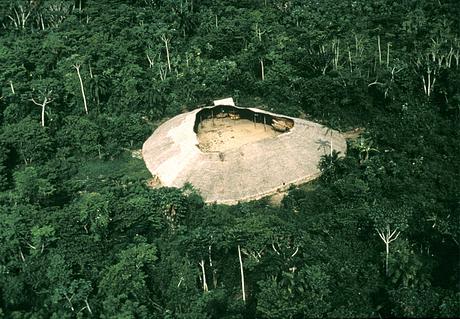UN criticises US government over Western Shoshone tribe
March 15, 2006
This page was last updated in 2006 and may contain language which is now outdated.
A key UN committee has censured the US government over its treatment of the Western Shoshone tribe of Nevada.
The United Nations Committee on the Elimination of Racial Discrimination (CERD) urged the American government to 'freeze' and 'stop' actions being taken against the Western Shoshone Indians.
The US government has for many years asserted its ownership of nearly 90% of Western Shoshone lands, covering approximately 60 million acres, stretching across the states of Nevada, Idaho, Utah and California. Western Shoshone rights to the land – which they continue to use, care for, and occupy today – were recognized by the United States in 1863 through the Treaty of Ruby Valley.
The U.S. now claims these same lands as 'public' or federal lands, and is using parts of them for military testing, open-pit gold mining and nuclear waste disposal planning. Members of the Western Shoshone who use the lands for cattle grazing have repeatedly had their livestock confiscated and fines imposed.
After the UN's verdict Joe Kennedy of the Western Shoshone said, 'We have rights to protect our homelands and stop the destruction of our land, water, and air by the abuses of the United States government and the multinational corporations. The situation is outrageous and we're glad the United Nations Committee agrees with us. Our people have suffered more nuclear testing than anywhere else in the world and they're continuing underground testing despite our protests. We cannot stand for it – this earth, the air, the water are sacred.'
In its decision the Committee urged the US government to:
a) Freeze any plan to privatize Western Shoshone ancestral lands for transfer to multinational extractive industries and energy developers;
b) Desist from all activities planned and/or conducted on the ancestral lands of Western Shoshone or in relation to their natural resources, which are being carried out without consultation with and despite protests of the Western Shoshone peoples;
c) Stop imposing grazing fees, trespass and collection notices, horse and livestock impoundments, restrictions on hunting, fishing and gathering, as well as arrests, and rescind all notices already made to that end, inflicted on Western Shoshone people while using their ancestral lands.


